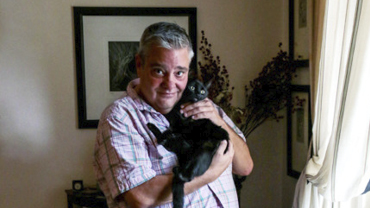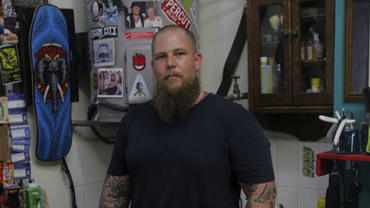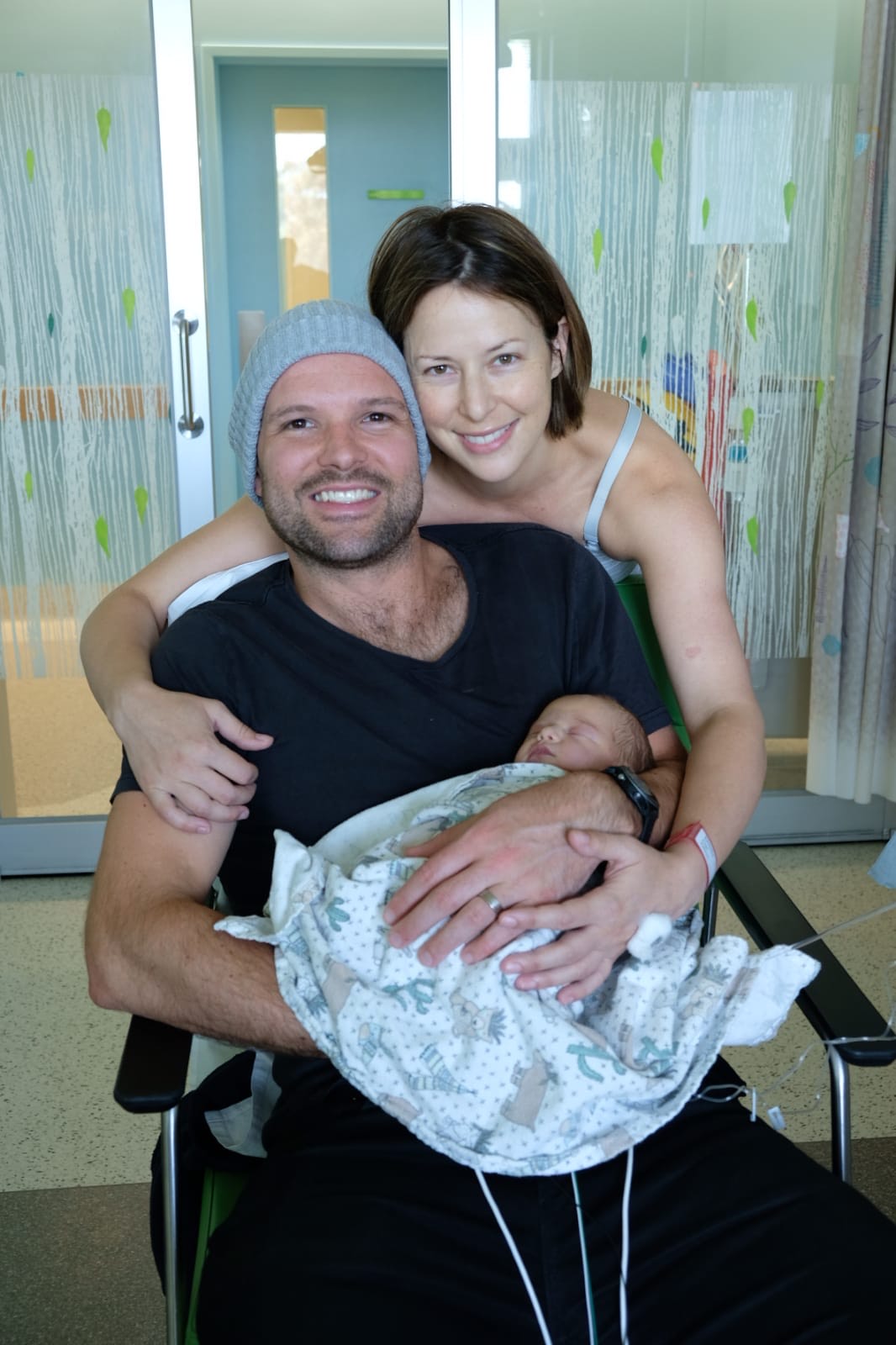In 2012, I was working in London and one day noticed that my right testicle was a little bit firmer than it had been previously. I hadn’t experienced any pain, any soreness or anything really unusual. If it had been any other time in my life, I probably would have ignored it and waited until something more serious happened. But my workplace had a free doctor in the building and I thought, ‘I might as well go down. It’s free.' So I got it checked out. The doctor didn’t seem too concerned, but thought it was better to be safe and get an ultrasound.
The next morning, following an ultrasound, I was told I had testicular cancer.
Things moved quickly. The surgery was scheduled for the next Tuesday, five days later. I had my right testicle removed and as far as cancer treatment goes, I had an easy run. I was told I had cancer, I had surgery a couple of days later and then a few weeks of rest and I was back at my desk job. I didn’t have to wait weeks for surgery or go through a prolonged series of chemotherapy.
But when it came to the mental side of recovery, I wasn’t prepared.
When you’re worried about whether the cancer will be removed successfully, you’re not thinking about all the things that come after, or how to process everything that’s happening. But those are the things that linger, the mental scars that stick around long after physical recovery from surgery.
I was always a social person, loved going out and spending time with my mates, but for a while after surgery I found it almost impossible to leave the house. I was very lucky that I had a supportive partner. Someone who took time off to help me with the things I couldn't do like cooking, cleaning and giving me the emotional support I needed as I recovered. But it’s also important to have that external support network. Your partner, your friends and your family can only provide so much of the day-to-day stuff. Getting support from a whole range of people who know all about what you are going through – from support groups to medical professionals – it makes the recovery journey a whole lot easier.
With the combined help of my family, friends, support groups and professionals, I was able to return to my regular life.
To help support men returning to their regular life and getting their important moments back, TAL is partnering with the Movember Foundation on a range of holistic men’s health initiatives.










